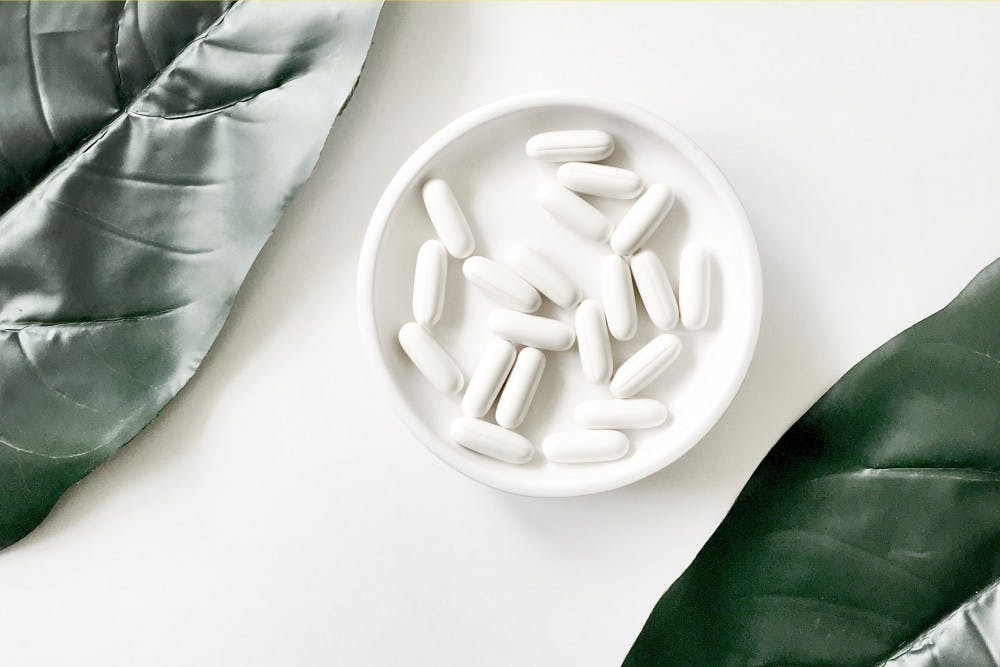
Keeping up appearances is a big part of student life at Penn. It often seem as though both Penn’s administration and large swaths of the student body would rather keep those struggling at Penn hidden, so as not to disrupt the perfect, brochure-ready facade presented by this Ivy League institution. The fact remains that Penn students suffer from many of the same issues the rest of society does, including substance abuse and addiction to opiates.
Penn needs radical and immediate changes to the process by which they support students through addiction, recovery, and relapses.
Penn Medicine was recently proud to announce the establishment of a new research center to study treatments for opiate addiction, which is a commendable and necessary effort. Penn cannot pretend, however, that this is an abstract problem that requires research-oriented solutions. It’s a problem among Penn’s student body — and one that requires direct and immediate action from the University.
On Tuesday, an article on the website Longreads told the story of Paul Clarke, a Penn student who has struggled with opiate addiction, poverty, and a university that was not interested in providing real support for him throughout his struggles and efforts to get help and complete his education. The story, which was written by 2019 College graduate Rebecca Tan, former executive editor at The Daily Pennsylvanian, highlights this critical issue.
The issue is that the systems at play at Penn do more to shuffle students around and ensure that their suffering does not create a public relations problem for the University than actually mitigate the suffering itself.
The University is aware of the issue, as evidenced by an advisory email sent out to students on May 3, 2018, which warned students that oxycodone and cocaine acquired at Penn may be laced with fentanyl, a synthetic opioid that is several times more powerful than heroin. In response, Penn has taken important short-term steps to alleviate some of the risks incurred by students suffering from addiction. Penn's Medical Emergency Response Team has carried Narcan, a drug that can be administered to ameliorate the effects of narcotics overdoses, for several years now, and Penn’s medical amnesty policy ensures that students who seek medical attention for alcohol and drug overdoses will not experience legal consequences.
The opioid epidemic has led to nearly 50,000 overdose deaths in 2017, with 1200 alone occurring in Philadelphia. What Penn needs is a comprehensive and holistic long-term approach that provides students who are victims of this epidemic with opportunities for treatment and time off from classes instead of sending them into potentially more hazardous, unstructured environments.
Illicit opioids are plentiful and readily available both on and off campus. Encouraging students to take time off to recover from addiction and helping them find treatment or providing structured programs before leaving Penn is the only way to provide a long-term solution. Penn has highlighted its effort to promote student wellness in recent years, even appointing Benoit Dubé as the University’s first-ever Chief Wellness Officer. Treatment and personalized support for students struggling from opiate addiction should be considered an integral part of this effort.
According to Clarke, when he first started struggling with addiction at Penn, an administrator from Student Intervention Services was supposed to monitor him during his recovery. But when Clarke stopped responding, that administrator stopped trying to reach him. Eventually, when his grades began to show the ramifications of his struggle with addiction, he was dropped from University rolls, kicked out of his housing, and required to take time away from school as a matter of policy.
This campus is anything but insulated from the opioid crisis that is wreaking havoc across America. And although Johnson and Johnson was recently ordered to pay $572 million in damages for its role in promoting prescription painkillers that began the opioid crisis, the company will be hosting an information session in Houston Hall for on-campus recruiting this fall. If Penn truly wants to promote wellness and prevent students from suffering like Clarke, then nothing short of a fundamental shift in priorities and policy is sufficient.
Editorials represent the majority view of members of The Daily Pennsylvanian, Inc. Editorial Board, which meets regularly to discuss issues relevant to Penn's campus. Participants in these meetings are not involved in the reporting of articles on related topics.
The Daily Pennsylvanian is an independent, student-run newspaper. Please consider making a donation to support the coverage that shapes the University. Your generosity ensures a future of strong journalism at Penn.
Donate



